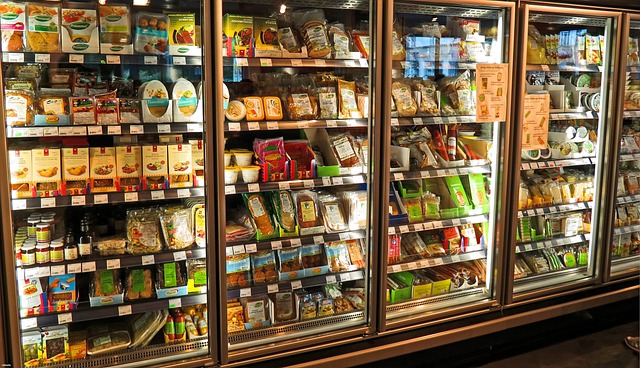Food waste is a significant concern for businesses that operate in temperature-controlled environments. Whether it’s a bustling restaurant, a grocery store, or a large-scale food distributor, ensuring that perishable goods are stored and maintained properly is crucial for both reducing waste and maximizing profitability. While commercial freezers are essential tools in this process, their effectiveness depends on proper usage and maintenance. Here are some best practices to help prevent food waste and keep your inventory in top condition.
Organize and Label Inventory
One of the simplest yet most effective ways to reduce food waste is by organizing and labeling your inventory. When products are stored haphazardly, it’s easy for items to get lost in the back of the freezer, leading to spoilage before they can be used. Implementing a clear labeling system that includes dates can help staff quickly identify and rotate stock, ensuring that older items are used first.
To make this system work, consider organizing your storage space into zones based on product type or expiration date. This approach not only makes it easier to find what you need but also helps in maintaining an accurate inventory. When everything is clearly labeled and organized, it’s much less likely that food will be forgotten or overlooked.
Regular Temperature Checks
Maintaining the correct temperature in commercial freezers is essential for preserving food quality and preventing spoilage. A freezer that’s too warm can cause food to thaw and refreeze, leading to freezer burn and a loss of texture and taste. Conversely, a freezer that’s too cold can increase energy costs unnecessarily.
To avoid these issues, it’s important to perform regular temperature checks. Ideally, industrial freezers should be kept at a consistent temperature of -18°C (0°F) or lower. Make sure to monitor the temperature daily and address any fluctuations immediately. Installing a reliable thermometer or a temperature monitoring system can help you keep track of conditions inside the freezer.
Additionally, educating your staff on the importance of keeping freezer doors closed as much as possible can help maintain the correct temperature. Frequent opening and closing of the doors can cause temperature spikes, so minimizing this can prevent unnecessary food waste.
Proper Packaging Techniques
The way food is packaged before it’s placed in commercial freezers plays a significant role in how well it’s preserved. Improper packaging can lead to freezer burn, contamination, and ultimately, waste. To avoid this, ensure that all items are tightly sealed in moisture-proof and air-tight containers or bags.
Vacuum sealing is an excellent method for preserving food quality, as it removes air that can lead to oxidation and freezer burn. If vacuum sealing isn’t an option, make sure to use high-quality freezer bags or containers, squeezing out as much air as possible before sealing them.
Labeling the packages with the date of freezing is also important. This not only helps with stock rotation but also ensures that food is used while it’s still at its best quality. Proper packaging combined with effective labeling can extend the shelf life of your products and reduce the likelihood of waste.
Regular Maintenance of Equipment
Keeping industrial freezers in good working order is another critical aspect of preventing food waste. Regular maintenance checks can identify issues like malfunctioning thermostats, broken seals, or frost buildup before they lead to larger problems. When a freezer isn’t functioning properly, it can result in fluctuating temperatures, which can spoil food and increase energy consumption.
Schedule routine maintenance with a qualified technician to inspect and service your freezers. This should include cleaning the condenser coils, checking the door seals for any wear and tear, and ensuring that the thermostat is accurate. Regular maintenance not only helps prevent food waste but also extends the life of your equipment, saving money in the long run.
Preventing food waste in temperature-controlled environments requires a combination of organization, proper equipment maintenance, and staff education. By implementing these best practices, businesses can ensure that their commercial freezers are used efficiently, preserving food quality and reducing waste. Not only does this approach help in managing costs, but it also contributes to a more sustainable operation overall.


